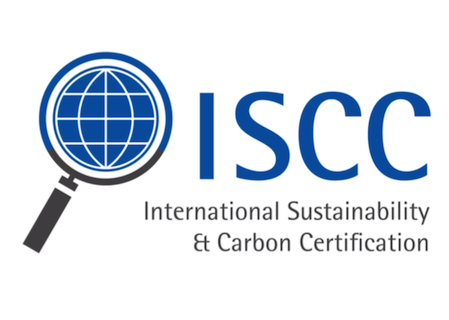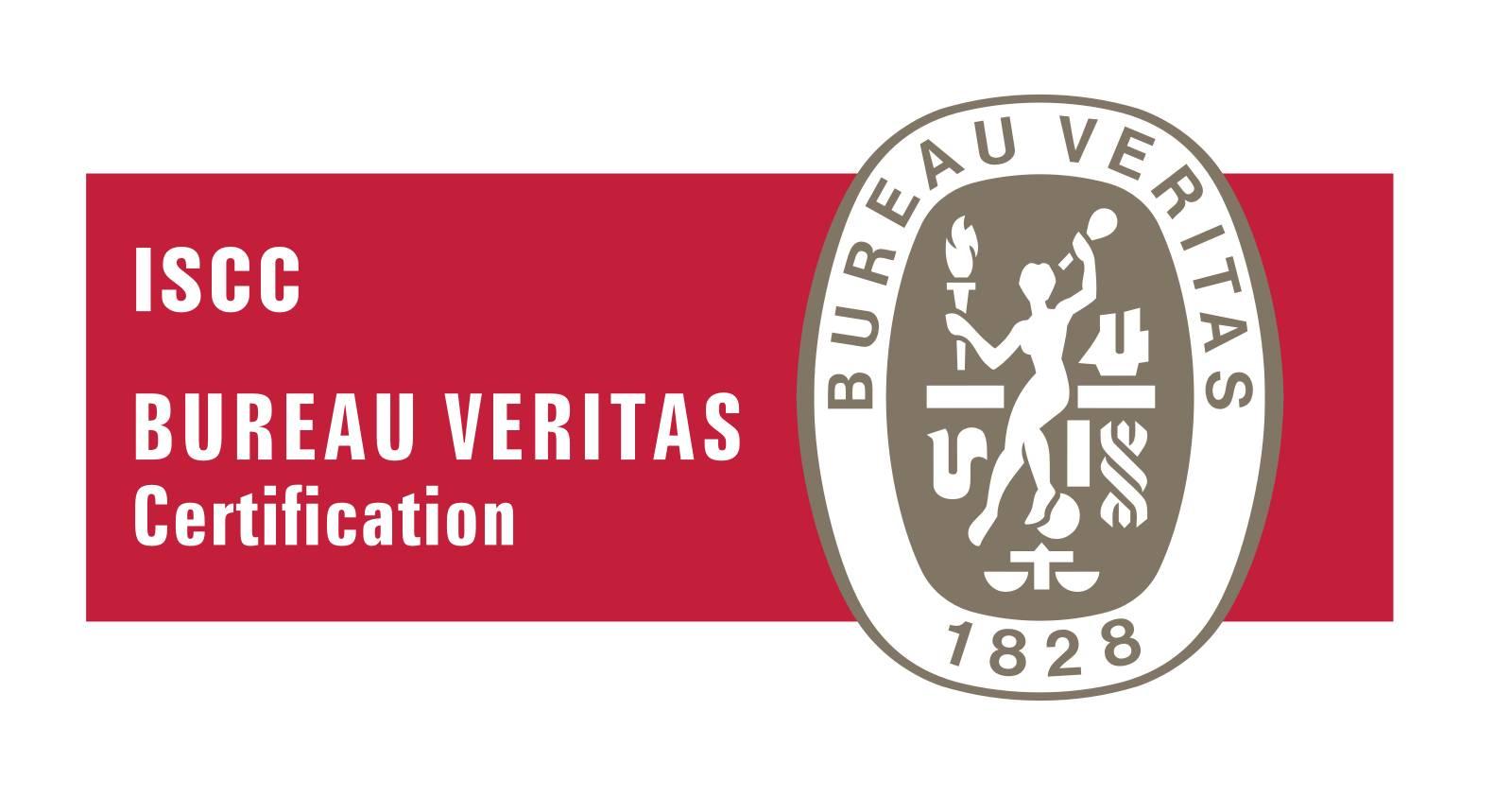
ISCC sustainability certification system
ISCC sustainability certification system

Sustainability is a modern and widely used term of recent times, unfortunately also rarely understood. Frequently asked questions are: "How can something be sustainable, around which so many kilometers have to be driven, so many artificial fertilizers and pesticides are consumed, etc.?". Yes, it is really not possible to say simply and unambiguously what is sustainable and what is not. In the agricultural sector, the term "usability of biofuels" is important. In this case, it primarily means balancing the greenhouse gases consumed and generated during the production of the so-called energy crops. A more sophisticated approach is needed to include all inputs. If we stay in the field of agricultural production, we will be interested in so-called energy crops. These are those whose subsequent chemical treatment yields raw materials used for the production of biofuels (e.g. by pressing seed oil and its subsequent esterification, etc.). These crops include the following in particular:
- rapeseed
- sunflower seed
- wheat
- triticale
- sugarcane, soy, hemp, other inedible plants, etc.
The principle of sustainability of biofuels
Simply explained, during the cultivation (including all related activities such as soil preparation, sowing, subsequent maintenance and fertilization, harvesting, post-harvest treatment, storage and transport to the processor) of energy crops, a lower production of greenhouse gases (CO2) must be achieved throughout this chain), than when using fossil fuels. This is achieved thanks to the fact that photosynthesis takes place in plants and carbon dioxide is not only produced, but also consumed at the same time.
Even from this short description, however, it is clear that not all cultivated crops can also be declared as "sustainable". E.g. if they were grown in areas where before that there was forest, rainforest, wetlands, etc., it is necessary to take this fact into account in the greenhouse gas balance and to negatively burden agricultural production for a certain number of years. Lower yields can also be problematic, and the cultivation of some crops for biofuel purposes will gradually cease to be possible in certain locations, as the limits of when a crop is still considered sustainable and when it is not are getting tighter. And the transport distance of the produced seed is not negligible.
Certification and audit
The calculation of the greenhouse gas balance is carried out by companies certified in the ISCC system, which was established for these purposes by the German Federal Office for Agriculture and Food (BLE). The certificate is granted for a limited period, in order to obtain and defend it, it is necessary to pass an initial audit by an approved certification authority. Our company was one of the first in the Czech Republic to be certified by the ISCC system (the auditing company in our case was Bureau Veritas). The introduction of the entire system entails a relatively large administrative burden and the associated increased financial demands.

After a successful initial audit, a certificate of the established ISCC system is granted for a certain period. This certificate is required by other business organizations, warehousers or processors who are involved in the chain from the primary producer to the biofuel producer. The final production can only be declared sustainable if the primary producers meet certain criteria (for now they do not have to have their own certificate, but they must fill out a declaration and can also be checked by the certification authority) and if other entities are involved in the chain (first collection point, warehouse, trader) certified.
If you are interested in a specific offer for the agricultural commodities offered by you, do not hesitate to contact us, for example through the form below.

© 2009 – 2023 HOKR, spol. s r. o., all rights reserved

